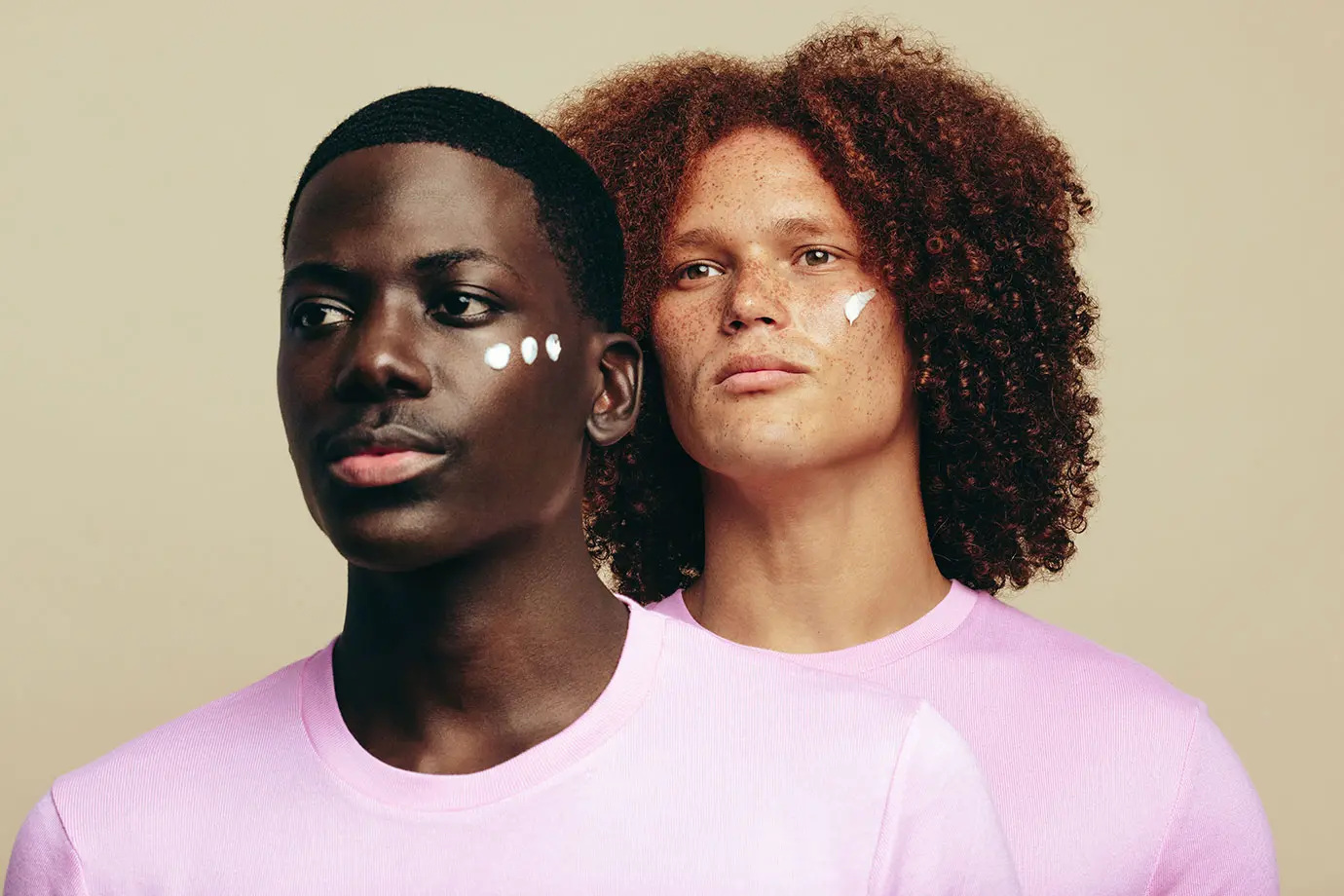
Skincare is for everyone, regardless of your background, skin type, or tone, it is essential to maintaining healthy, glowing skin. However, if you have a darker complexion, you might have faced unique challenges in finding treatments that work for you. Some options can even do more harm than good. Don’t worry—we are here to make finding what’s for you easier. In this blog, we’ll explore how darker skin tones respond to certain treatments, highlight those to avoid, and share safe, effective options at our Spring, TX medspa to help you maintain a radiant and healthy glow.
Understanding Darker Complexions with the Fitzpatrick Scale
Let’s start with the basics: What qualifies as a “darker complexion”? The Fitzpatrick Scale is a helpful guide that classifies skin types based on melanin levels—the pigment that gives your skin its color and influences how it reacts to the sun and treatments. Knowing your place on the scale is key to tailoring the right skincare routine.
- Type 1: Ivory – Always freckles, burns/peels easily, never tans.
- Type 2: Fair or pale – Often freckles, burns/peels, rarely tans.
- Type 3: Fair to beige with golden undertones – Sometimes freckles, burns occasionally, may tan.
- Type 4: Olive or light brown – Rarely freckles, rarely burns, often tans.
- Type 5: Dark brown – Rarely freckles, seldom burns, always tans.
- Type 6: Deeply pigmented dark brown – Never freckles, never burns, always tans.
Understanding your Fitzpatrick skin type is essential for avoiding treatments that could irritate your skin or trigger pigmentation changes. Consulting with a qualified provider is key to accurately determining your skin type and tailoring a skincare plan that suits your needs.

Unique Skin Concerns for Darker Complexions
Melanin-rich skin is naturally beautiful but tends to be more susceptible to certain concerns, such as:
- Scarring: Higher melanin levels can cause excess or uneven pigmentation during healing, making scars (dark or light spots) more noticeable.
- Hyperpigmentation: Dark spots caused by excess melanin production.
- Hypopigmentation: Light patches where melanin is reduced, often appearing as stark contrasts on darker skin.
Treatments to Avoid
Not all treatments are skin-tone-friendly. Some can irritate or damage darker skin, leading to unwanted discoloration or scarring as discussed above. Approach these treatments with caution:
- Aggressive chemical peels: High-strength peels can cause uneven pigmentation.
- Ablative lasers: CO₂ lasers may lead to burns or discoloration.
- Intense Pulsed Light (IPL): Can unevenly target melanin, increasing dark spots.
- Microdermabrasion: Overly harsh exfoliation can irritate and discolor the skin.
“Jackie gave me the BEST facial & recommended laser genesis for my acne prone skin. She was so gentle with the extractions and explained the entire process while helping me relax. Would highly recommend!”
—5-star Google review
Safe Treatments for Darker Skin Tones
The good news is that there are plenty of safe, effective treatments designed to enhance melanin-rich skin without risk. Here are some of our top picks:
- Gentle chemical peels: Light chemical peels with ingredients like salicylic or glycolic acid smooth and brighten without irritation.
- Injectables: Treatments such as Botox for fine lines, dermal fillers for volume, Skinvive for hydration, and biostimulators for collagen stimulation are all safe for those with darker skin when performed by a skilled provider.
- Microneedling or Morpheus8: These treatments are great for boosting collagen, improving texture, and minimizing scars with minimal risk of pigmentation.
- Non-ablative lasers: Options like Nd YAG lasers (Laser Genesis) are safe and effective for deeper skin tones.
- Diamond Glow or professional facials: A gentle treatment that cleanses, exfoliates, and refreshes your skin.
- Topical treatments: Medical-grade skincare with ingredients like niacinamide, hyaluronic acid, or retinoids can help even out skin tone and maintain your overall skin health.
Key Takeaways for Melanin-Rich Skin
Caring for darker skin doesn’t have to be complicated. Begin by educating yourself and partnering with a knowledgeable provider like Dr. Chiang, our board-certified dermatologist here at Integrated Aesthetics, who understands the unique needs of melanin-rich skin. With treatments tailored to your specific skin type, you can safely achieve and maintain a vibrant, glowing complexion.
Remember, your skin is unique and beautiful—embrace it and treat it with the care it deserves!










